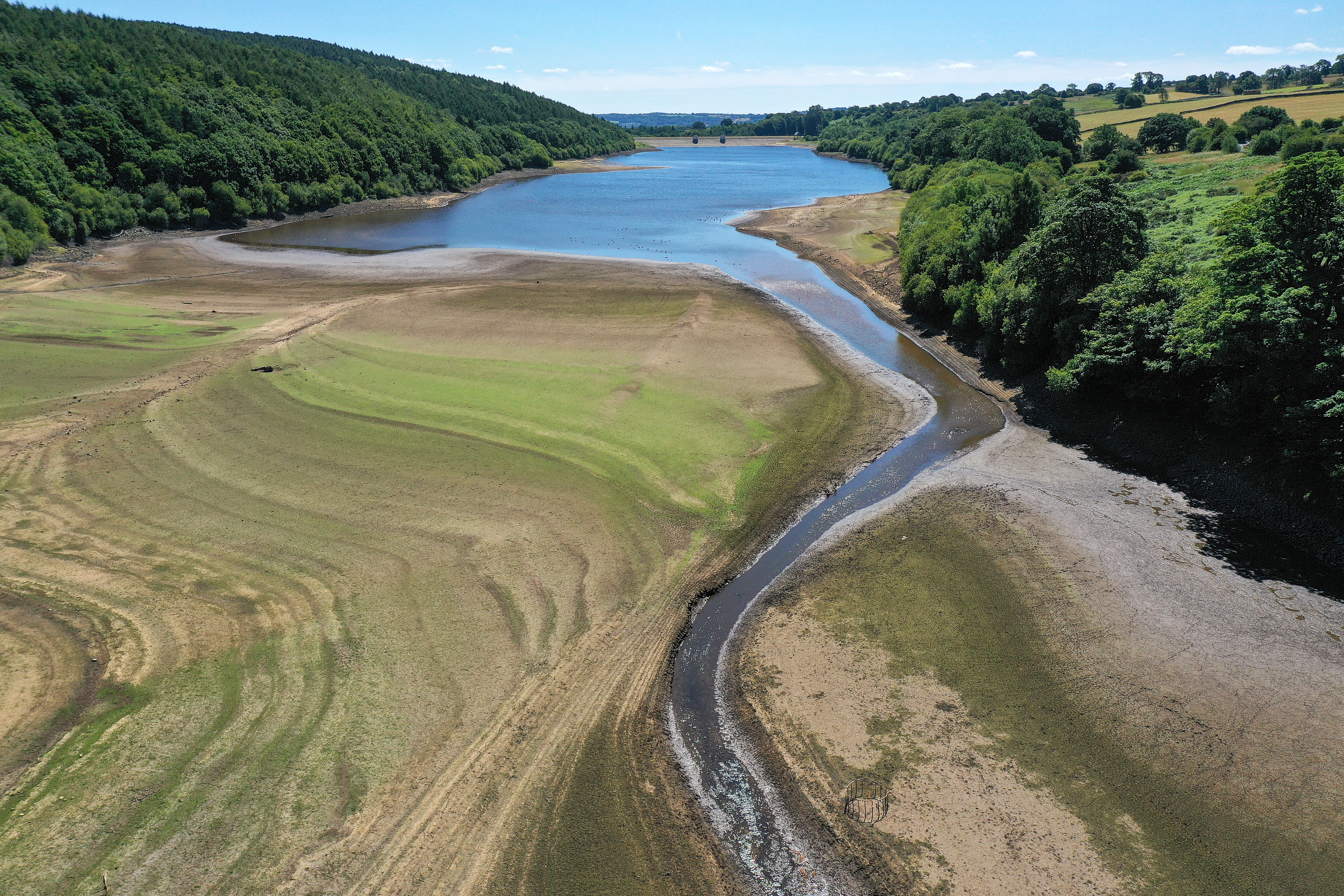Are heatwaves getting longer – and what does that mean for the UK?
The Climate Change Committee warns that action to improve the nation’s climate resilience is failing to keep pace with the impacts of a warming planet, writes Samuel Webb

Heatwaves in the UK are not only getting hotter, but are also lasting longer.
While many throughout the UK would welcome the news, the reality is the more extreme temperatures last throughout the year, the greater the consequences we will face.
A special Met Office report on climate extremes in the UK found that we are experiencing higher maximum temperatures and longer warm spells in recent years.
Warm spells have seen their average length more than double – increasing from 5.3 days in 1961-1990 to over 13 days in the decade 2008-2017.
On average the most recent decade has had more than double the warm spell duration index (based on exceedances relative to temperatures for the time of year) of the 1961-1990 baseline across many regions, with the UK average increasing from 5.3 to 13.2 days.
Southeast England has seen some of the most significant changes, with warm spell duration increasing from 6.1 days in the 1961-1990 average to 18.3 days per year on average during 2008-2017.
This has widespread and significant impacts. Longer heatwaves mean stretching the resources of an already fragile infrastructure.

Dr Vikki Thompson, climate scientist at the University of Bristol Cabot Institute for the Environment, said: “Heatwaves will end up being longer, and we end up with heat hazards for longer so the NHS will have to be prepared for longer.
“All industries would have to get heat plans in place as everything will be affected – the railways, transport networks and education.
“We are going to have to adapt as mitigation measures (such as reducing emissions and reducing carbon footprints) are not happening fast enough.
“These deaths from heatwaves are preventable with good education. The worry is people haven’t taken it as seriously as they need to.”
Warmer temperatures also mean there’s more moisture in the air, which results in more severe storms and flooding, according to global campaigning group Greenpeace.
More storms, plus sea level rises, are gradually eroding coastlines around the British Isles, a catastrophe for plant and animal species, to say nothing of people who live close to the sea.
Extreme heat can be a serious health risk for those with heart and lung conditions, and more deaths are recorded in the UK during heatwave days. Heatwaves in cities can also cause spikes in air pollution, causing breathing difficulties while also having longer-term health implications.
The Climate Change Committee (CCC) warns that action to improve the nation’s resilience is failing to keep pace with the impacts of a warming planet and increasing climate risks facing the UK.
A spokesperson said: “The UK is experiencing widespread changes in the climate; average land temperature has risen by around 1.2C from pre-industrial levels, UK sea levels have risen by 16cm since 1900 and episodes of extreme heat are becoming more frequent.
“Since the CCC’s last assessment 5 years ago, over 570,000 new homes have been built that are not resilient to future high temperatures and since 2018 over 4,000 heat-related deaths have been recorded in England.
“People, nature, and infrastructure are already vulnerable to a range of climate impacts today and these will only increase in the coming years as the climate continues to change.
“The longer action to address these risks is delayed, the higher the costs the government and the UK public will face.
The CCC is calling on political leaders from the UK government and governments in Wales, Scotland and Northern Ireland to increase efforts to adapt to climate change and ensure that societal, economic, and environmental goals remain achievable.
Baroness Brown, Chair of the Adaptation Committee, said: “The severity of the risks we face must not be underestimated.
“These risks will not disappear as the world moves to net zero; many of them are already locked in.
“By better understanding and preparing for the coming changes, the UK can prosper, protecting its people, its economy, and its natural environment.
“A detailed, effective action plan that prepares the UK for climate change is now essential and needed urgently.”






Join our commenting forum
Join thought-provoking conversations, follow other Independent readers and see their replies
Comments